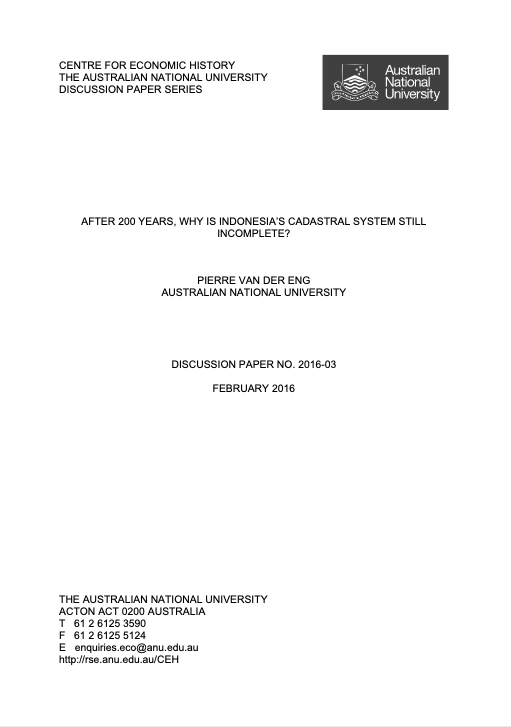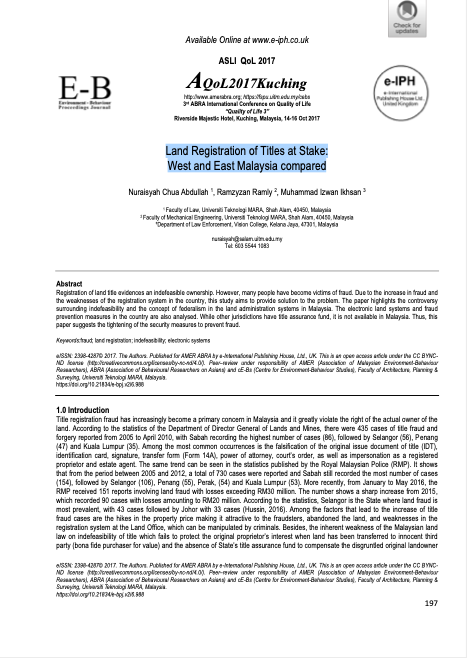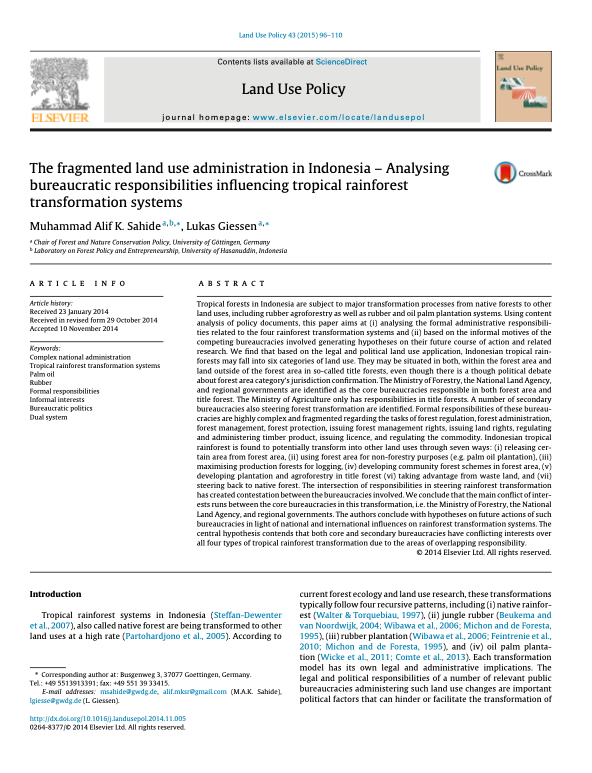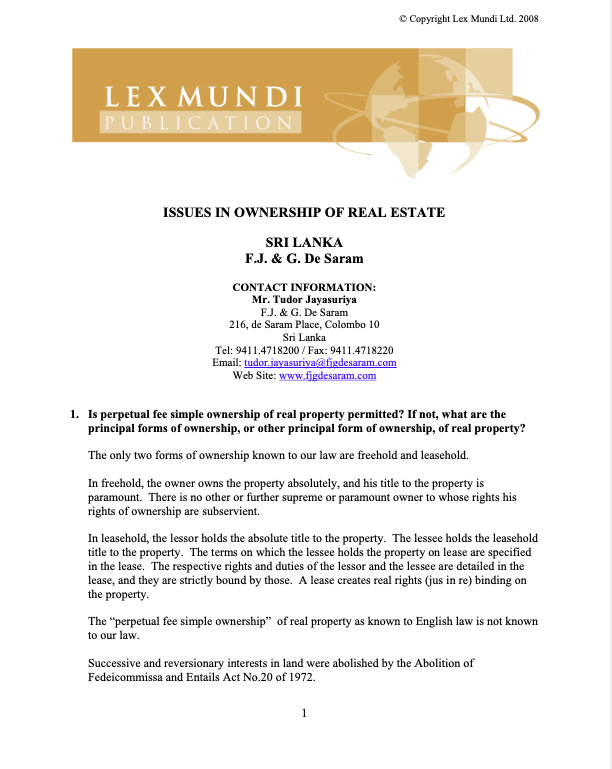A market without the 'right' property rights
While Vietnam's reforms provided some of the weakest legal private property rights amongst the transitions countries, cities like Ho Chi Minh City have booming domestic real estate markets. Interestingly, while most properties in 2001 did not have legal title, those on the market did advertise a variety of property rights claims. Employing a hedonic price model to analyse the pattern of prices at which sellers offer properties in Ho Chi Minh City, this study examines how this market values property rights.







